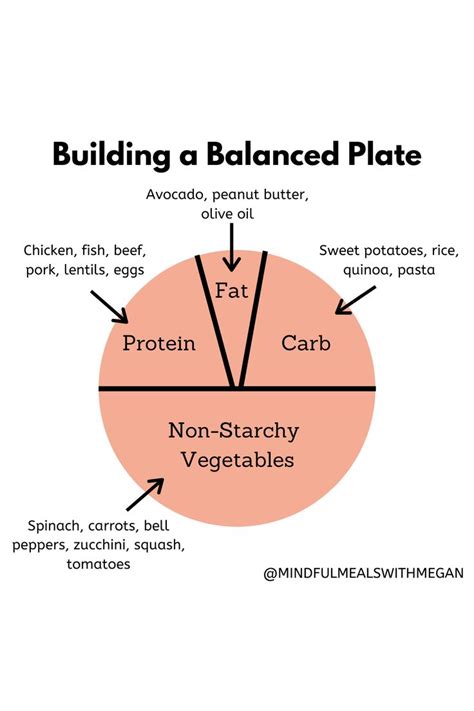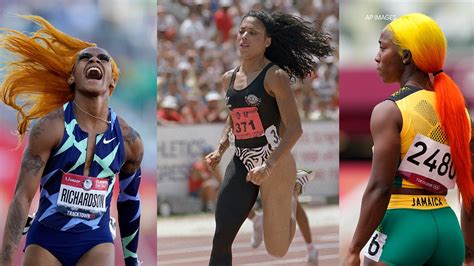What daily diet optimizes energy, focus, and recovery for peak performance?

Fueling Your Body for Excellence
In the pursuit of peak performance, whether in sports, work, or daily life, diet stands as a foundational pillar. It’s not merely about avoiding unhealthy foods, but rather a strategic approach to nutrition that actively supports sustained energy, sharp cognitive function, and accelerated physical recovery. An optimized daily diet is a powerful tool, transforming how your body and mind operate under pressure and during downtime.
This comprehensive guide will explore the dietary principles and specific nutrients that can elevate your performance, ensuring you’re not just surviving, but thriving.
The Foundation: Macronutrient Balance
Macronutrients – carbohydrates, proteins, and fats – are the building blocks of your diet, each playing a critical role in energy production, repair, and overall function.
- Complex Carbohydrates: These are your primary energy source. Think whole grains (oats, quinoa, brown rice), sweet potatoes, and legumes. They provide a steady release of glucose, preventing energy crashes that can derail focus. Timing is key; ensure adequate intake before demanding activities.
- Lean Proteins: Essential for muscle repair, growth, and satiety. Sources include chicken breast, fish, lean beef, eggs, dairy, and plant-based options like tofu, lentils, and beans. Distribute protein intake throughout the day to support continuous recovery and maintain stable blood sugar.
- Healthy Fats: Crucial for hormone production, nutrient absorption, and long-term energy. Incorporate avocados, nuts, seeds (chia, flax), olive oil, and fatty fish (salmon, mackerel). Omega-3 fatty acids, in particular, are vital for brain health and reducing inflammation.

Sharpening Your Focus: Brain-Boosting Nutrients
Optimal cognitive function requires specific nutrients that support neurotransmitter production, protect brain cells, and ensure consistent blood flow.
- Omega-3 Fatty Acids: Found in fatty fish, walnuts, and flaxseeds, these are fundamental for brain structure and function, improving memory, mood, and concentration.
- Antioxidants: Berries, leafy greens, colorful vegetables, and dark chocolate are rich in antioxidants that protect brain cells from oxidative stress, enhancing long-term cognitive health.
- B Vitamins: Whole grains, leafy greens, eggs, and lean meats provide B vitamins crucial for energy metabolism in the brain and the production of neurotransmitters.
- Hydration: Even mild dehydration can impair concentration, memory, and mood. Consistent water intake throughout the day is non-negotiable for sustained focus.
- Stable Blood Sugar: Avoiding sugary snacks and refined carbohydrates prevents blood sugar spikes and crashes, which can severely impact mental clarity and energy levels.
Accelerating Recovery: Repair and Rejuvenation
Recovery is not just about rest; it’s about providing your body with the resources to repair, adapt, and prepare for future demands. Nutrition plays a pivotal role in this process.
- Post-Exercise Nutrition: Within 30-60 minutes after intense activity, a combination of easily digestible carbohydrates and protein is vital to replenish glycogen stores and initiate muscle repair. Think a smoothie with protein powder and fruit, or a turkey sandwich on whole-wheat bread.
- Anti-Inflammatory Foods: Chronic inflammation can hinder recovery. Incorporate a wide array of fruits, vegetables, turmeric, ginger, and green tea to combat inflammation and aid healing.
- Electrolytes: Sodium, potassium, magnesium, and calcium are lost through sweat and are essential for nerve function, muscle contraction, and fluid balance. Replenish with coconut water, bananas, avocados, and electrolyte-rich foods, especially after intense workouts.

Key Principles for Daily Optimization
Beyond specific nutrients, adhering to these overarching principles will optimize your dietary approach:
- Nutrient Density: Prioritize foods that offer a high amount of nutrients per calorie. Every meal should be packed with vitamins, minerals, and phytonutrients.
- Consistency and Timing: Regular meals and snacks prevent extreme hunger and ensure a steady supply of energy and nutrients. Strategically time your intake around physical and mental demands.
- Hydration is Paramount: Don’t underestimate the power of water. Carry a water bottle and sip throughout the day. Herbal teas and infused water can also contribute.
- Listen to Your Body: Individual needs vary based on activity level, genetics, and lifestyle. Pay attention to how different foods make you feel and adjust accordingly.

Practical Daily Plate Examples
- Breakfast: Oatmeal with berries, nuts, and a scoop of protein powder; or scrambled eggs with spinach and whole-grain toast.
- Lunch: Large salad with grilled chicken or chickpeas, mixed greens, diverse vegetables, avocado, and a vinaigrette dressing; or lentil soup with whole-grain bread.
- Dinner: Baked salmon with quinoa and steamed broccoli; or lean beef stir-fry with plenty of vegetables and brown rice.
- Snacks: Apple slices with almond butter, Greek yogurt with a handful of berries, a small portion of nuts and seeds, or a hard-boiled egg.

Crafting Your Peak Performance Plate
Optimizing your daily diet for energy, focus, and recovery is a continuous journey of mindful eating and strategic choices. It’s about recognizing food as fuel, medicine, and a tool for unlocking your full potential. By focusing on whole, unprocessed foods, balancing macronutrients, prioritizing brain-boosting and anti-inflammatory ingredients, and staying adequately hydrated, you create an internal environment where peak performance becomes a sustainable reality.
Remember, while these guidelines offer a solid framework, individual needs can vary. Consulting with a registered dietitian or sports nutritionist can provide personalized recommendations to fine-tune your diet for your unique goals and demands.










